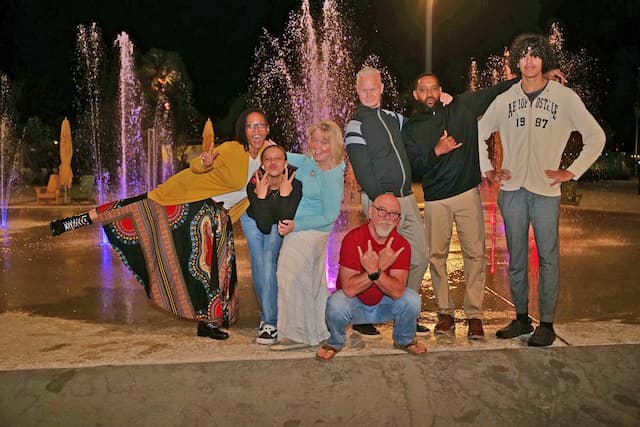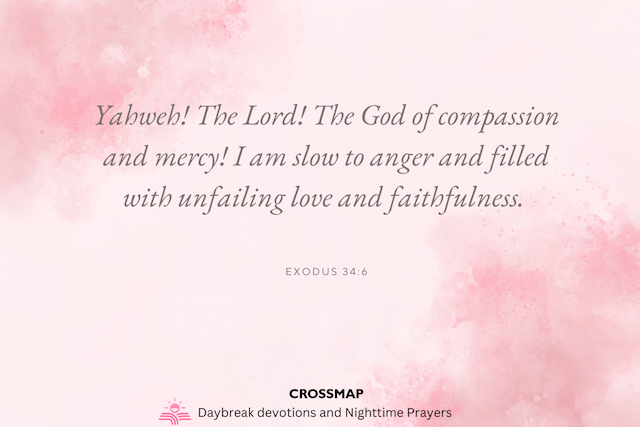The Long Stay - What Grief Needs - Bravester

Tuesday November 1, 2022, was the 13-year anniversary of the day my life took a new direction. I would never have guessed what this trajectory would look like, where it would take me, how I would learn and grow, that I would grow to deeply love people who I’ve never really interacted much with, if at all. And that it all would come from the crushing pain of grief.
It was not my grief that started the journey that day, although I do have my own grief story. No, that was the day a “sort-of” friend’s son took his life.
The minute I found out (literally) I messaged my friend and said I was on my way. I didn’t think it over, I didn’t hesitate, I didn’t stop to count the cost, I didn’t do anything else but rush to her side, praying all the way. What do you say to someone whose child has just ended their life? How can I help her? What if it’s too much for me? What if I’m a hindrance rather than a help?
These were the thoughts going through my head on the drive over. I didn’t have answers to any of them by the time I pulled into her driveway, but I put on my brave face and headed in.
I found a house full of people milling about awkwardly, while my friend was face down on the floor weeping in the upstairs hallway. It was as chaotic a scene as I’ve ever encountered.
That was when this “ministry” that God has given me began. A ministry of grief, if you will, but perhaps a better definition is a ministry of presence.
I’d never been so near to so much pain as I was that day, and it seemed to me that all the chaos was making things worse for the family.
There was an air of tension and uncertainty in the house. Nobody seemed to know what to do next. As I stood there taking it all in, my feet took me upstairs to my friend. I pushed my way through the clusters of people until I got to her, then knelt down close enough for her to see my face and I just said, “Let me help you to your room.” I put my arms under her to help her up. I truly don’t think she was able to get up on her own. Once she was in bed though … then what? I didn’t have a clue.
I chose to be a “firefighter” that day, which is an important job and one that came naturally to me. Firefighters come immediately and see to all the tasks and things and such that need doing. Arranging meals, making sure the rest of the kids had funeral clothes, keeping the house in order, and so on.
Because there were church ladies seeing to the practicalities, I sat myself down on the bottom step, right inside the front door, trying to think what to do, and if I should even stay. The upstairs people had moved on once I got my friend out of the hallway, but the downstairs people were still buzzing. So I sort of just … did what I do best. I went around and started thanking people for coming, basically telling them goodbye.
Most of them drifted out after that so I seated myself on those stairs again. Only to find a new round of people showed up in the meantime. So I changed my strategy. I just sat there on that step watching the front door.
Unless it was someone my friend had asked to see, I thanked each new person that came, said she was unavailable, but would be glad they had come by, and handed them a notebook and a pen to write her a note if they wished.
It was a good thing to do–the chaos quieted, and a bit of peace descended. I stayed quite a while, until someone I knew well came. I explained what I was doing and she took over.
Everything my firefighter-self did that day was just right. What? I said I didn’t have a clue what to do or say, right? Right. But Jesus knew just what was needed, and when I say my feet took me upstairs, I really mean Jesus took me upstairs. Ushering people gently out, sitting on those stairs to protect my friend–all of those kinds of things are things I do well, but I had never put them to use in a setting like that before. God directed my every move that day and in the days to come, and it was the beginning of my learning how to be present with people who are in great pain.
My friend unintentionally began teaching me how to be a Builder also. She was raw and vulnerable with me, and I could see what hurt her. I could tell what was helpful, and sadly, often those are the things that aren’t said or done. I learned things like saying “Call me if there’s anything I can do to help,” are not helpful. What is helpful is saying something like, “Hey I’m going to bring dinner this week, is Tuesday or Wednesday better for you?”
Why? While your nebulous offer is sincere (maybe because they were the only words you could come up with), we must realize that our friend will not know what to do. She cannot. She doesn’t know what she needs. But you might if you do offer them a specific thing. They might say no, and if they do, respect that.” (Peering into the Tunnel: An Outsider’s Look into Grief, p. 9)
See the difference? She’ll never pick up the phone to call me for help, it’s too much for her. But she can choose between Tuesday and Wednesday, and she knows her family needs to eat.
Another helpful idea. Sometimes we talk because silence feels awkward to us. More often your friend needs silent companionship and shared tears. Rarely do they need our words more than our presence.
Since then, one after the next, more women bearing crushing losses have come into my life. From them all, I have learned how to be a Builder. A Builder leaves the practicalities to the oh-so-important Firefighters, and goes to a griever’s side. And stays, sometimes for a long time.
In fact, this “sort-of” friend is now one of my dearest friends. We still meet often. These days we laugh more than we cry, but there is a bond between us, built on the pain of loss and the love of Jesus–for her child, for her, and for me.
Over these past 13 years as I’ve walked alongside friends old and new, maybe the most important thing I’ve learned is that there is no “right” way to grieve. Everyone I’ve encountered on a grief path has done it differently, and none of it was wrong. We need to be cautious not to project our own notions of what grief should look like, because that’s how to circumvent the grief path.
Instead, pray for them. Overlook their offenses, should there be any. Give grace. Go to them. And stay.
They need you.
Angie Clayton is an author, speaker and blogger who has a passion for ministering to the grieving. Some of her writing reflects those experiences. She is a storyteller, and her blog, Framing the Days, is rich with diversity. wife, mom to two kids and Nini to four grandkids. She has a ministry of presence, and spends much time with grieving women. Her blog, shares with you the joys and beauty of both the mountain tops and the valleys of her life. Her book, Peering into the Tunnel: An Outsider’s Look into Grief is a collection of real stories, as well as helpful suggestions for how to come alongside someone who is grieving.
Angie has been married to Greg for over three decades, and they especially enjoy time spent with their grandkids.
Personal note from Brenda: Angie is one of “my gift of people” at-the-text ready for one disappointing story I’m walking through. She is not afraid of my pain. She prays for me, and I believe her. She says the right things somehow. Angie is this gift, be challenged by her words.
And! If you loved my book, I Wish I Could Carry Your Pain, you will love Angie’s book. It doesn’t have color or doodles but it has these truths to give you the practical helps so you will know what to do.










